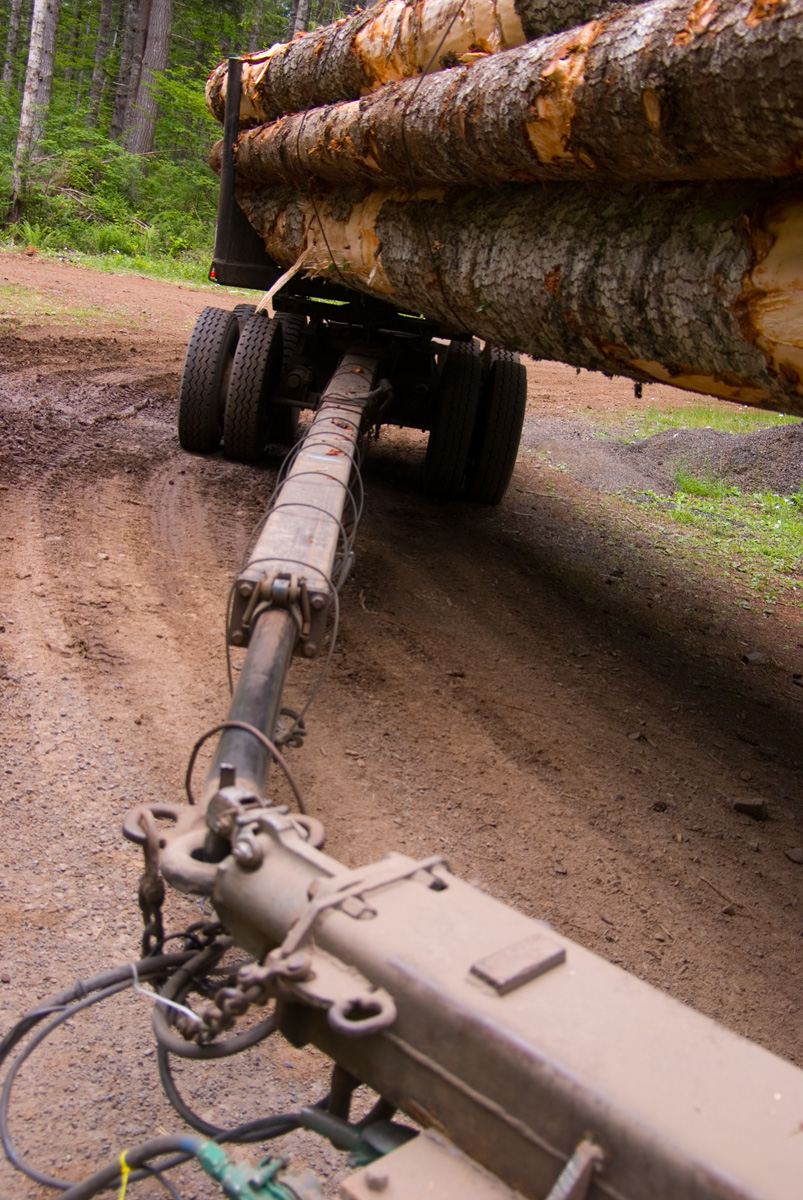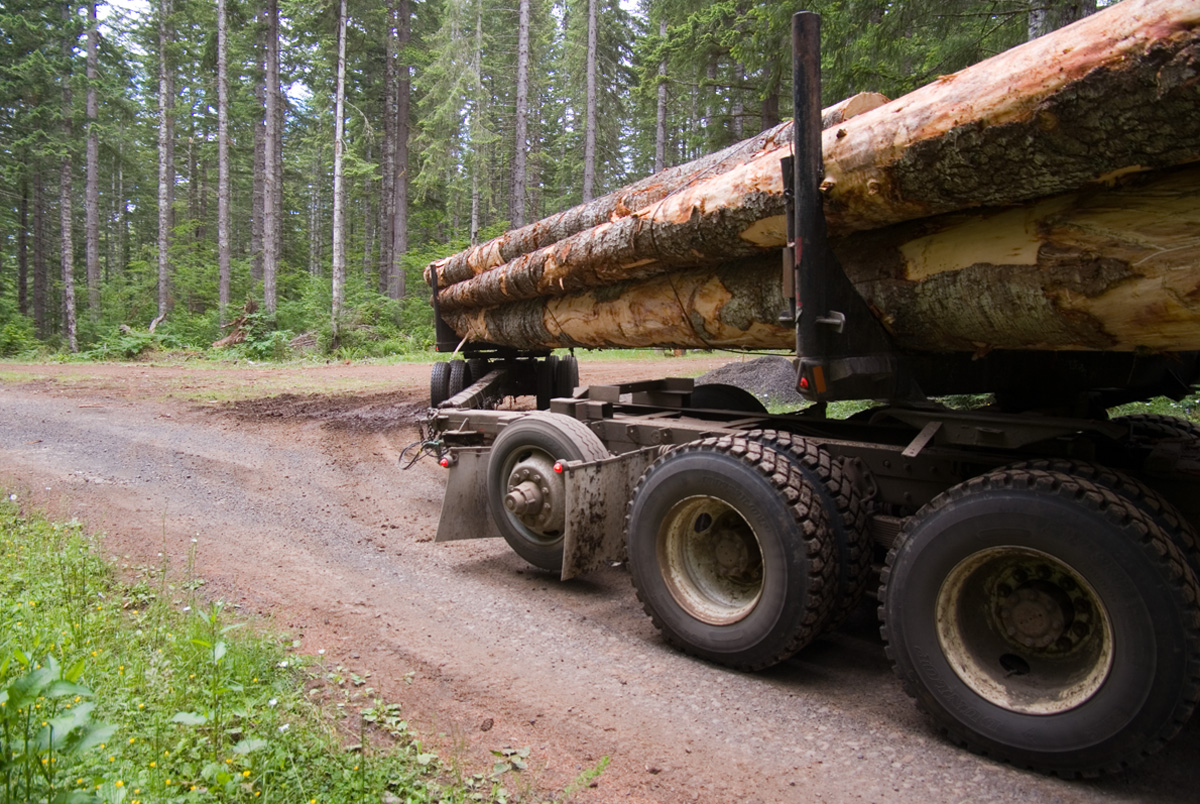fireball
Explorer
Greetings,
Perhaps there already exists a thread similar to what I am looking for. If so, please point me in the right direction.
As we are debating what kind/type/size of trailer to add to our setup I would be interested to hear others experiences in towing off road. We really want a 5x10 TD with RTT to be able to fit our family of 5, but just not sure if that will be suitable for the trails we have here in the east.
Some of my questions would be:
how much more nimble and easy to run through trails would a Chaser-type trailer be vs. a TD?
how big of a hassle is it towing when it comes time to find parking, make u-turns, etc?
how did you learn how to drive your trailer off road? A few easy trails to start? Any suggestions on how to get more confident and comfortable? Any driving tips or things you need to do differently when towing off road?
Any other thoughts would be welcome!
Perhaps there already exists a thread similar to what I am looking for. If so, please point me in the right direction.
As we are debating what kind/type/size of trailer to add to our setup I would be interested to hear others experiences in towing off road. We really want a 5x10 TD with RTT to be able to fit our family of 5, but just not sure if that will be suitable for the trails we have here in the east.
Some of my questions would be:
how much more nimble and easy to run through trails would a Chaser-type trailer be vs. a TD?
how big of a hassle is it towing when it comes time to find parking, make u-turns, etc?
how did you learn how to drive your trailer off road? A few easy trails to start? Any suggestions on how to get more confident and comfortable? Any driving tips or things you need to do differently when towing off road?
Any other thoughts would be welcome!


